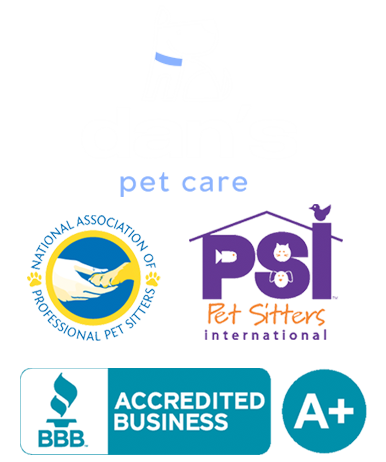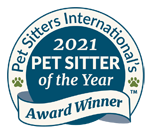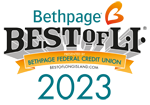Comprehensive Guide to Keeping Your Pets Safe During Fourth of July Festivities
The Fourth of July is synonymous with vibrant parades, family gatherings, and spectacular firework displays. It's a time of celebration, joy, and patriotic fervor. However, while we humans may enjoy the festivities, our pets - particularly dogs and cats - often find themselves on the other side of the spectrum. For them, the Independence Day festivities can be daunting, stressful, and full of potential hazards.
In this comprehensive guide, we delve into why the Fourth of July can pose a safety concern for pets and what you, as a pet parent, can do to mitigate these risks. We will equip you with actionable steps, recommended products, and DIY remedies to keep your furry companions safe during this bustling holiday. By incorporating keywords related to pet safety during the Fourth of July, we aim to make this guide SEO-friendly, ensuring it reaches pet owners searching for this vital information.
Understanding Why the Fourth of July Can Be a Risky Time for Pets
The American Society for the Prevention of Cruelty to Animals (ASPCA) notes that more pets disappear during the Fourth of July period than any other time of the year(1). The primary reason for this increased risk of lost pets is the unpredictable and loud noises from fireworks, which can incite extreme fear and stress in pets, causing them to try to escape the unsettling noise.
This is where understanding the heightened sensitivity of pets to sound comes in handy. Dogs, for instance, have an incredibly broad range of hearing frequencies, ranging from 40 Hz to 60,000 Hz(2). In contrast, human hearing is restricted to between 20 Hz and 20,000 Hz(3). Consequently, the sound of fireworks, which can reach up to deafening 150 decibels(4), can be disorienting, startling, and downright frightening for pets.
However, noise-induced stress and the risk of pets running away aren't the only hazards associated with the Fourth of July. Other risks include potential ingestion of harmful substances often found in party foods or drinks and physical injuries from firework mishaps.
Ensuring Pet Safety: Proactive Measures for the Fourth of July
With an understanding of the potential risks, we now explore the different steps pet parents can take to ensure their furry family members are safe during the Fourth of July festivities.
Ensuring Proper Pet Identification
Microchipping and tags are crucial for pet safety during the Fourth of July. If, in the worst-case scenario, your pet does escape out of fear, having proper identification can exponentially increase the chances of a safe return. Microchips, roughly the size of a grain of rice, hold your contact information and can be implanted under your pet's skin by a vet(5). Alongside microchipping, ensure your pet wears a collar with an updated ID tag.
Create a Safe Space for Pets
Creating a secure, quiet retreat for your pet can provide an invaluable sense of security during the loud celebrations. Designate a room with closed windows and curtains, filled with their favorite toys and blankets. You can also play calming music or white noise to help mask the noise from fireworks(6).
Implement Behavioral Training Techniques
Behavioral training, particularly desensitization and counter-conditioning techniques, can be incredibly effective in reducing your pet's anxiety. There are various CDs and apps available that simulate scary noises, such as fireworks and thunderstorms. Gradually increasing the volume of these sounds over time can help your pet get used to the noise(7).
Keep Pets Indoors During Fireworks
One of the most effective safety measures is simply keeping your pets indoors during the fireworks. Ensure they are away from doors and windows to reduce escape or injury risk.
Monitor Your Pet’s Food and Drink Intake
With barbecues and parties commonplace on the Fourth of July, it's crucial to monitor what your pet is consuming. Certain foods and beverages, such as chocolate, onions, grapes, foods containing xylitol (a common sweetener), and alcohol, can be toxic to pets(8).
Recommended Products for Ensuring Pet Safety During the Fourth of July
There's a range of pet safety products on the market designed to help keep pets calm and secure during high-stress situations like the Fourth of July.
Thundershirts and Anxiety Wraps
Thundershirts and anxiety wraps apply gentle, constant pressure to a pet's torso, akin to swaddling a baby, helping to alleviate anxiety(9)(10).
Calming Sprays, Diffusers, and Treats
Calming sprays and diffusers mimic the calming pheromones produced by mother dogs or cats, which can help reduce anxiety when used in your pet's safe space(10). Similarly, calming treats contain ingredients like chamomile and tryptophan, known for their soothing effects(11).
DIY Remedies to Keep Your Pet Calm
For pet parents who prefer a hands-on, DIY approach, there are several strategies you can employ.
DIY Anxiety Wrap
You can fashion an anxiety wrap using a long bandage, applying it around your pet's chest and tying it securely (but not too tight) to provide calming pressure(12).
Homemade Calming Treats
Making homemade calming treats can be a cost-effective way to help reduce your pet's anxiety. Ingredients like chamomile and lavender, known for their calming properties, can be incorporated into homemade dog biscuits(13).
Conclusion: Preparation is Key
By understanding why the Fourth of July can be a safety issue for pets and taking proactive measures to address these risks, pet parents can ensure a safe, stress-free holiday for their beloved companions. Whether it's providing a safe space, using calming products, or implementing DIY remedies, preparation is key in ensuring your pet's safety during the Fourth of July celebrations.
Sources:





